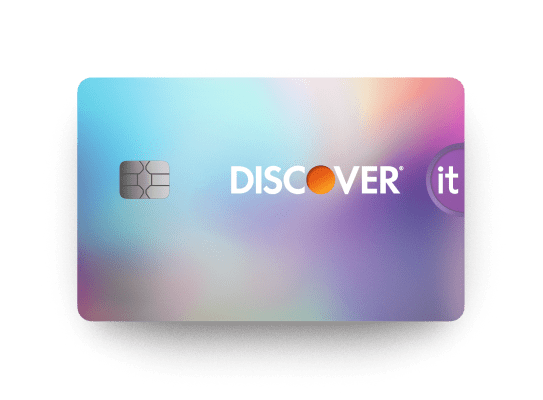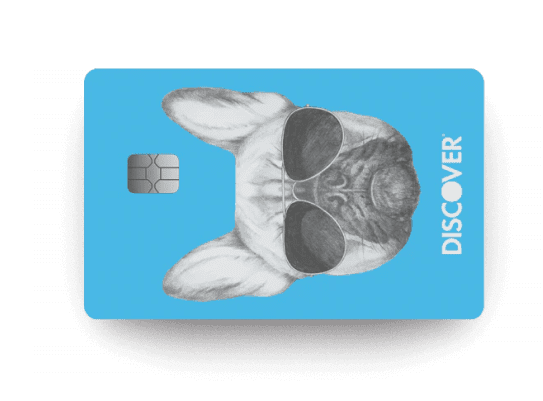A student credit card is not just any card; it's your first step toward managing your own finances. Because it’s for students just stepping into the realm of credit, these cards are made to be both a learning tool and a financial resource. With a student credit card, you begin the journey to financial independence by making purchases, paying bills, and understanding how credit works in real life.
Student credit cards come with several key benefits, all aimed at teaching you to be a responsible spender and saver. These benefits might include access to financial education resources, plus alerts and reminders to help you stay on top of payments. Reward yourself with cash back or other perks, turning everyday spending into savings or rewards.
While these cards typically offer initial credit limits to match a student's budget and spending habits, your active engagement and responsible use are crucial. It's how you start building a solid credit history.

What Are the Benefits of a Student Credit Card?
12 min read
Last Updated: March 11, 2025
Next steps

See if you're pre-approved

Learn about Discover student credit cards
See rates, rewards and other info
You may also be interested in
Was this article helpful?
Was this article helpful?





